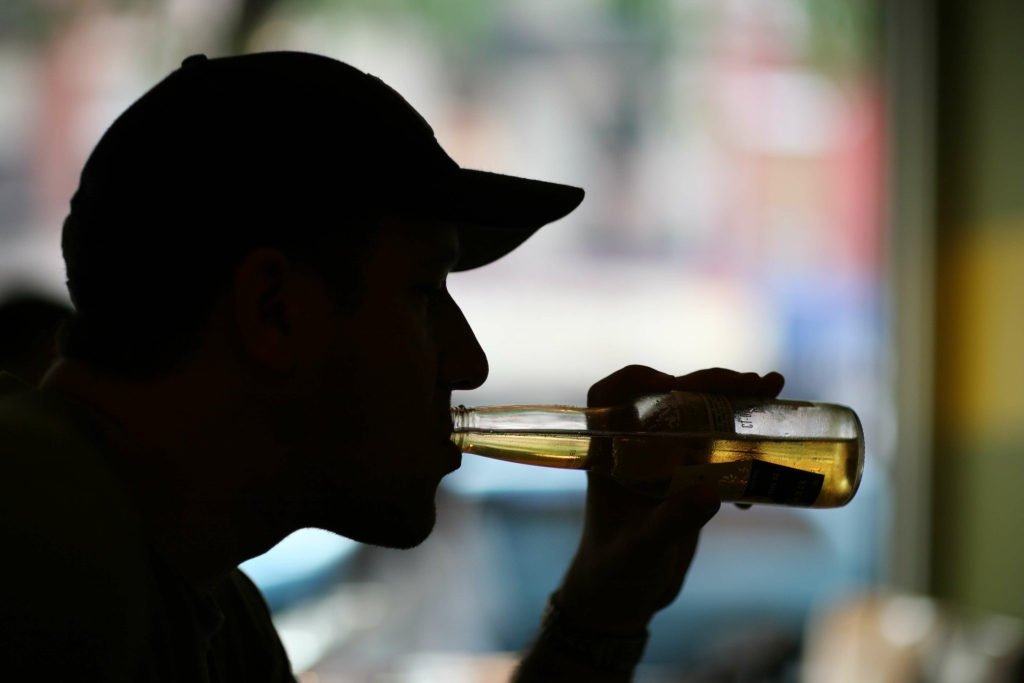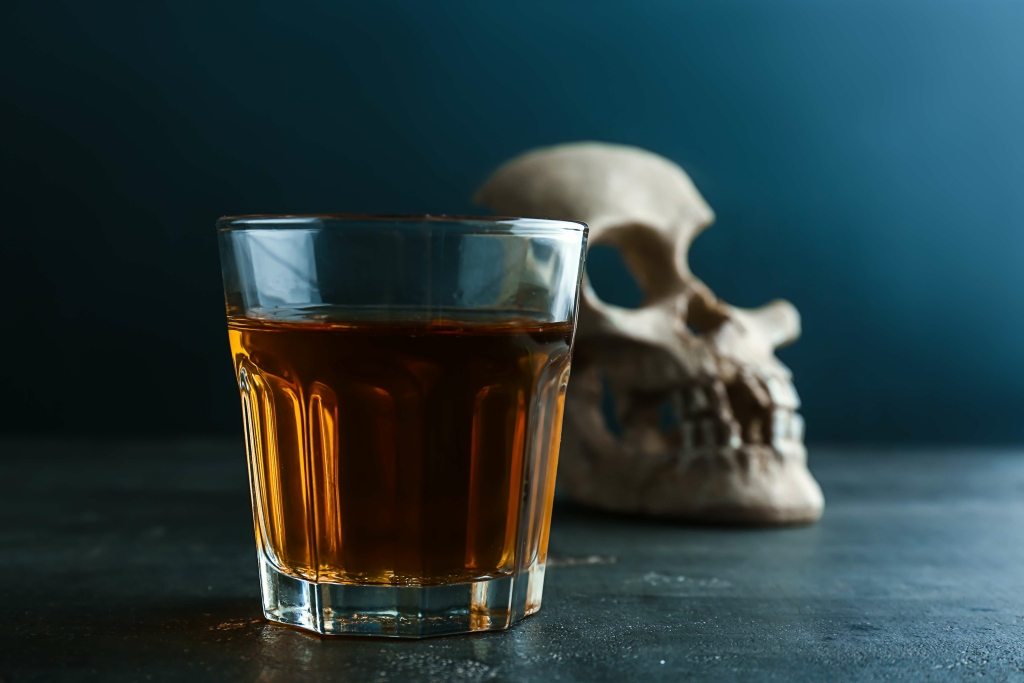If you’re a heavy drinker, your body may rebel at first if you cut off all alcohol. You could break out in cold sweats or have a racing pulse, nausea, vomiting, shaky hands, and intense anxiety. Some people even have seizures or see things that aren’t there (hallucinations). Your doctor or substance abuse therapist can offer guidance and may prescribe medication like benzodiazepines or carbamazepine to help you get through it.

Some people also lose weight as they taper off their drinking. Have you been thinking about cutting back on the amount of alcohol that you drink? Maybe you have experienced some negative health effects because of your drinking. It’s also a good idea to document and count alcohol drinks like you do calories, Valentine suggests. Some people with a long history of alcohol misuse may start to experience seizures, which peak around 10 hours then taper off and subside entirely within 2 or 3 days. Millions of people join support groups to help stop drinking and stay stopped.
Tips on cutting down
Whether it’s improved relationships, better health, or weight loss, keeping the “why” in sight can help boost your motivation. Naltrexone is available as either a daily pill (available under the brand names Depade and ReVia) or a once-per-month injection (available under the brand name Vivitrol). Research suggests that naltrexone can be helpful for reducing drinking, particularly How To Cure Boredom: 7 Ways To Stop Being Bored when combined with other supportive treatments. If drinking has become a big part of your life, try substituting other activities during those times when you might usually drink. Take up a hobby, begin an exercise program, make new friends, or spend more time with your family. Find something that you enjoy that will occupy the time during which you would usually be drinking.
- You can use a journal for tracking, but there are also lots of apps that can help you monitor your alcohol intake.
- With this information, it’s time to explore what changes you want to make with alcohol and its place in your life.
- Being around them could make it harder to stick to your plan.
- Sometime between days 5 and 7, moderate to severe withdrawal symptoms typically lessen.
- People who are dependent on alcohol, or have other medical or mental health problems, should stop drinking completely.
Watch sporting events with friends at your home or theirs if you can socially distance. A night at a sports bar almost guarantees a morning with a headache. It can be hard to resist the temptation to guzzle beer in a room filled with beer guzzlers. Make your watch party even better with these alcohol-free beers. A strike Wednesday in the Nuseirat refugee camp killed the wife, son, daughter and grandson of one of Al Jazeera TV’s chief correspondents, Wael Dahdouh. Footage aired on the Qatari based network showed the veteran journalist weeping over his son’s body on a hospital floor.
Set a goal
Indeed, abstinence-based programs such as Alcoholics Anonymous (AA) have helped countless people manage their addiction and live healthier lives. And for some drinkers, including those with a more serious dependency, abstinence is still advised. After keeping a drinking log for a while, you will get an accurate picture of your drinking patterns. You will know exactly how much and how often you consume alcohol. With this information, it’s time to explore what changes you want to make with alcohol and its place in your life.

If you’re not dependent, you should be able to either reduce the quantity or frequency of drinking or quit altogether. There are so many options for cutting back or quitting alcohol it’s hard to know what will be most effective. The Sinclair Method involves taking naltrexone before drinking. The medication blocks the endorphins that are normally released when a person drinks alcohol. Because drinking alcohol becomes less pleasurable, it can become easier to stop drinking.
Counseling
So cutting down on alcohol should help you feel more rested when you wake up. This depends on the individual and the results of laboratory tests that their doctor may order. In general, blood work will test serum magnesium, and replacements will occur if indicated. Vitamins such as thiamine and folic acid will need to be supplemented. The person should also try to eat three well-balanced meals per day and drink enough water to remain hydrated. A high fever, hallucinations, and heart disturbances are all reasons to seek immediate help.
- All the same, “a quick drink” often turns into three or four drinks.
- Inpatient treatment, or staying at a hospital or care facility, may be necessary for someone with moderate to severe symptoms of alcohol withdrawal.
- It can be helpful to write down your reasons for quitting and the difficulty of withdrawal while it is fresh in your mind.
- Early research suggests it’s effective in reducing drinking, as well as improving psychological well-being and quality of life.
- There is now a huge variety of options for spirits, beer and wine.
- These programs involve working with a team of mental health professionals in a group and individual setting.
You might reach for alcohol when you’re really just thirsty, says Crews. Drink a cup of soothing tea or a tall glass of water before you imbibe—once your thirst is https://accountingcoaching.online/expressive-arts-therapy-15-creative-activities-and/ quenched, you may not feel the need for as much—or any—alcohol. Instead of aiming for complete abstinence, for instance, aim to drink fewer than seven days a week.
Facilitate weight loss
There are many resources available to help, including peer support groups, counseling, therapy, and inpatient rehabilitation. For those with alcohol use disorder, withdrawal is just the first (but very important) step on a long journey to recovery. These first few weeks are critical because they are when the risk of relapse is highest. However, try not to have too many firm expectations, as symptoms can continue for multiple weeks in some people.
- Hallucinations usually diminish after 7 days, though for some, they can last up to 1 month.
- Track Your Intake“We actually know that just engaging in the process of monitoring helps people reduce their drinking—just like dietary tracking of food helps people eat less food,” Witkiewitz says.
- There’s a strong link between heavy drinking and depression, and hangovers often make you feel anxious and low.
- For people who experience hallucinations as part of alcohol withdrawal, these may begin in the 12- to 24-hour time frame.

